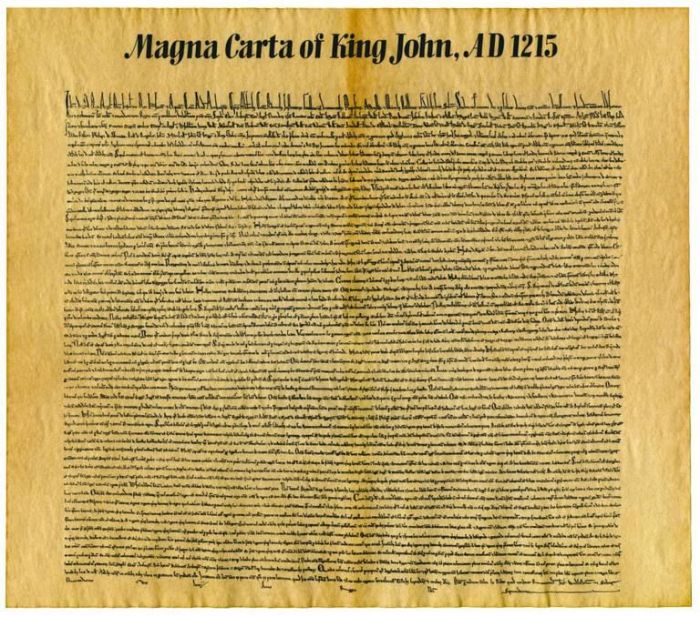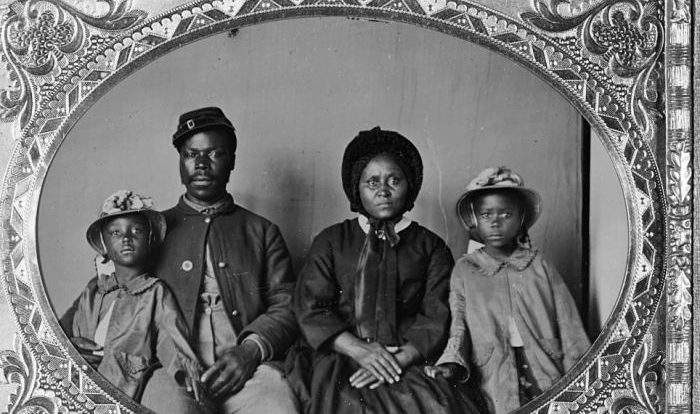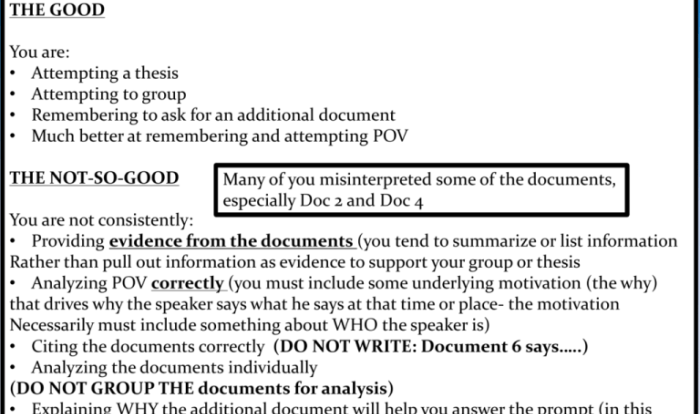The Magna Carta Worksheet Answer Key stands as a beacon of historical significance, illuminating the foundations of English law and constitutionalism. This document, crafted in 1215, has profoundly shaped the legal landscape and continues to resonate in modern society.
Within this comprehensive guide, we delve into the Magna Carta’s rich history, exploring its key provisions and their lasting impact. Through engaging explanations and insightful analysis, we unravel the complexities of this pivotal charter, shedding light on its enduring relevance.
Magna Carta Background
The Magna Carta, meaning “Great Charter,” is a seminal document in English history. Signed in 1215 by King John, it was an agreement between the king and his rebellious barons, aimed at curbing the king’s power and establishing the rule of law.
The Magna Carta is significant as it marked a shift in the balance of power between the monarchy and the aristocracy, and laid the foundation for the development of constitutional law in England.
Key Provisions of the Magna Carta

The Magna Carta contained several key provisions that have had a profound impact on English law:
- Due process of law:No one could be imprisoned, punished, or deprived of property without a fair trial.
- Protection of property rights:The king could not seize the property of his subjects without their consent.
- Right to justice:Justice could not be delayed, denied, or sold.
- Habeas corpus:Individuals could not be detained indefinitely without being charged with a crime.
Impact of the Magna Carta
The Magna Carta has had a lasting impact on English law:
- Constitutionalism:The Magna Carta established the principle that the king was subject to the law, and that his powers were limited.
- Protection of individual rights:The Magna Carta provided fundamental protections for individuals against arbitrary actions by the government.
Magna Carta in Modern Society: The Magna Carta Worksheet Answer Key
The Magna Carta’s principles continue to resonate in modern society:
- Due process:The right to a fair trial is enshrined in modern constitutions around the world.
- Property rights:The Magna Carta’s protection of property rights has influenced the development of property law in many countries.
- Constitutionalism:The Magna Carta’s emphasis on the rule of law has been a cornerstone of constitutionalism in the West.
Essential FAQs
What is the Magna Carta?
The Magna Carta is a charter agreed to by King John of England in 1215. It established the principle that everyone, including the king, was subject to the law.
What are the key provisions of the Magna Carta?
The Magna Carta contains a number of important provisions, including the right to a fair trial, the right to property, and the right to due process of law.
What is the Magna Carta’s significance?
The Magna Carta is considered one of the most important documents in the history of law. It established the principle of the rule of law and has influenced the development of constitutionalism around the world.

